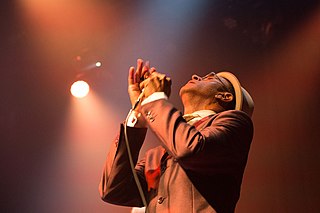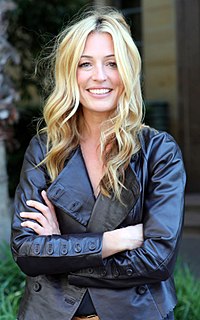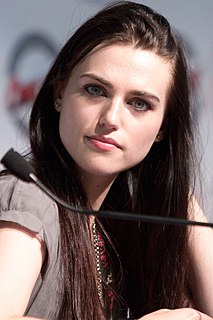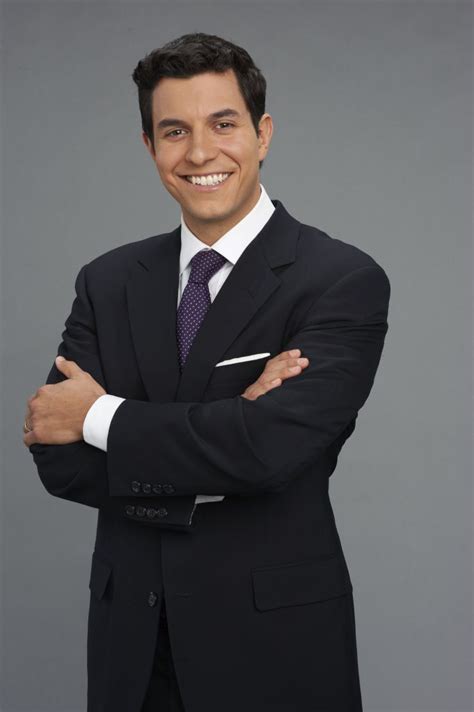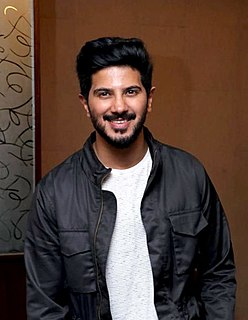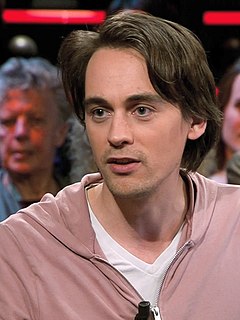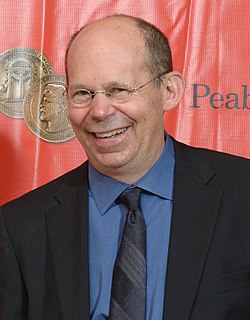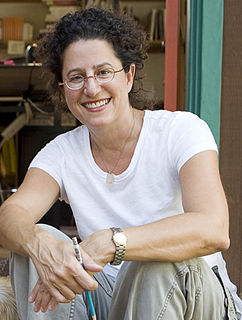A Quote by Shawn Amos
The same basic tools we've used for thousands of years to connect with people, to draw them in and to hold their attention will always work, even if we're telling our stories 140 characters at a time.
Related Quotes
I have always said the success of the show has stemmed from our audience being able to relate to the characters on different levels - being based on the universally loved Arthurian legend is only a tiny part of its success - it's a story about acceptance and growing up. The breathtaking finale of this series leaves you with no doubt that characters have been on their journeys and had their stories told - it's completely the right time to draw our telling of the story to a close.
The challenge CEOs will face three to five years from now is the same one that they face today. That is engagement. It's hard to keep people engaged in what they are doing. As this generation grows up around social media like Twitter where things are 140 characters, how do you keep them engaged all hours every day at work? How do you keep them focused on the big goals you have?
When an acting teacher tells a student 'that wasn't honest work' or 'that didn't seem real,' what does this mean? In life, we are rarely 'truthful' or 'honest' or 'real'. And characters in plays are almost never 'truthful' or 'honest' or 'real'. What exactly do teachers even mean by these words? A more useful question is: What is the story the actor was telling in their work? An actor is always telling a story. We all are telling stories, all the time. Story: that is what it is all about.
I like Twitter more than Facebook. Twitter is a great way to deliver and get news. In news writing less is more and 140 characters is great. If you can't grab that headline in 140 characters than it's not a story. Viewers tweet all the time and they tell what stories they like and don't like. It's great to interact with them and get that instant feedback. It's great for the viewer and the journalist.
Long fiction is wonderful and you can lose yourself in it as a reader and as a writer, but short stories don't allow the same kind of immersion. Often the best stories hold you back and make you witness them. This may be one of the reasons some people reject the form. That and the fact that they are harder work to read. A story will not let you get comfortable and settle in. It is like a stool that is so small that you must always be aware of sitting.
There's something exhilarating about telling stories that haven't been shared before and haven't been told publicly before. The last thing I want to be doing is telling stories other people have already told. That's not to say that there isn't important work out there about people in positions of power, but I know my strength. Even when I was at the Wall Street Journal 10 years ago, this is what I wrote about.
What I had to do was learn how to tell stories with my pictures. At first I didn't even know what that meant because I thought I was already doing it. After all these years of drawing stories and trying to teach it, I think it boils down to a pretty simple rule: it takes time to get to know the characters in a book and the world they inhabit. My first sketches are always horrible. Stereotypical. Contrived. Generic. I have to put in the time in order to deepen them and have it all mean something.
...I believe deeply that we canot solve the challenges of your time unless we solve them together - unless we perfect our union by understanding that we may have differnt stories, but we hold common hopes; that we may not look the same and we may not have come from the same place, but we all want to move in the same direction - towards a better future for our children and our grandchildren. This belief comes from my unyielding faith in the decency and generosity of the American people.
